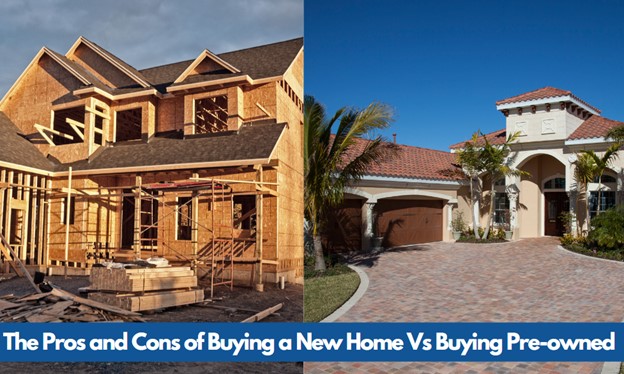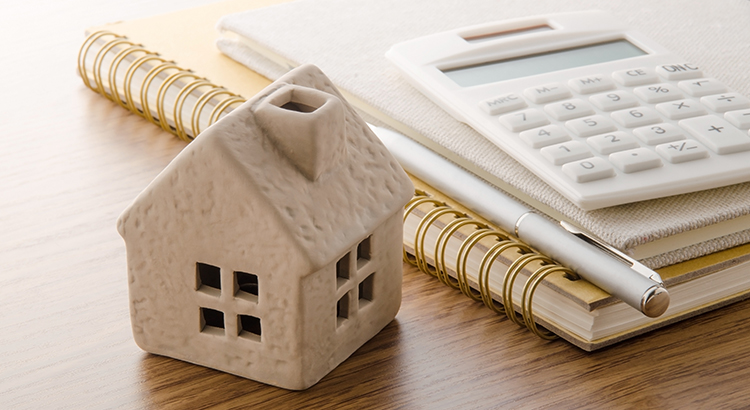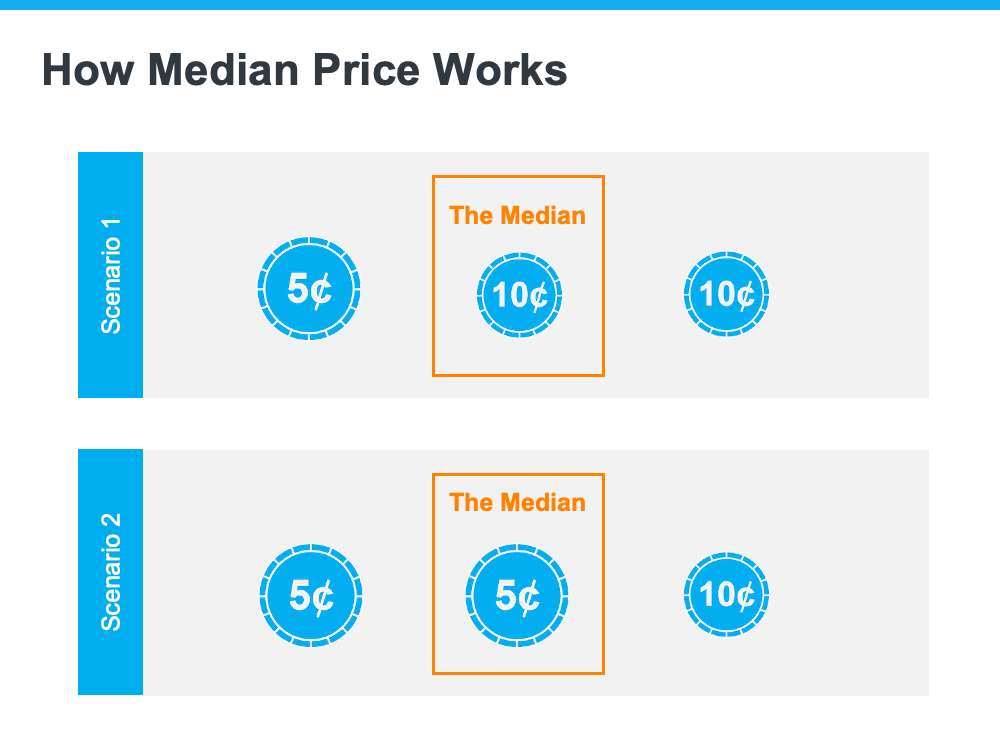 Buying a home is a significant investment, and one of the most important decisions to make when buying a home is whether to purchase a new or pre-owned property. Here are some pros and cons of each option:
Buying a home is a significant investment, and one of the most important decisions to make when buying a home is whether to purchase a new or pre-owned property. Here are some pros and cons of each option:
Pros of buying a new home:
Customization: With a new home, you have the ability to customize and personalize the space to your liking, including choosing finishes, colors, and layouts.
Energy Efficiency: New homes often come with energy-efficient features, such as double-pane windows, modern insulation, and energy-saving appliances, which can save you money on utility bills.
Warranty: New homes usually come with a warranty that covers defects and repairs for a certain period of time.
Low Maintenance: Since everything in a new home is brand new, there is less need for repairs and maintenance in the early years.
Cons of buying a new home:
Cost: New homes are often more expensive than pre-owned homes due to the cost of land and construction materials.
Location: New homes are often built in new developments, which may be further away from established neighborhoods, schools, and other amenities.
Lack of Character: New homes may lack the charm and character of older homes, which may have unique architectural details and historic features.
Pros of buying a pre-owned home:
Affordability: Pre-owned homes are often less expensive than new homes, especially if they require some updates or renovations.
Established Neighborhoods: Pre-owned homes are often located in established neighborhoods with mature trees and amenities like parks, schools, and shops.
Character: Pre-owned homes often have unique features, such as original hardwood floors, fireplaces, and architectural details, that give them character and charm.
Cons of buying a pre-owned home:
Repairs and Maintenance: Pre-owned homes may require more repairs and maintenance, especially if they are older and have not been well-maintained.
Lack of Customization: Pre-owned homes may not be as customizable as new homes, and you may have to live with features that you do not like.
Energy Efficiency: Pre-owned homes may not have the same level of energy efficiency as new homes, which can result in higher utility bills.
Ultimately, the decision to buy a new or pre-owned home depends on your priorities, budget, and personal preferences. It is important to consider all factors and work with a reputable real estate agent to find the right home for you.


 Buying a house can be an exciting but complex process that involves many legal requirements.
Buying a house can be an exciting but complex process that involves many legal requirements.